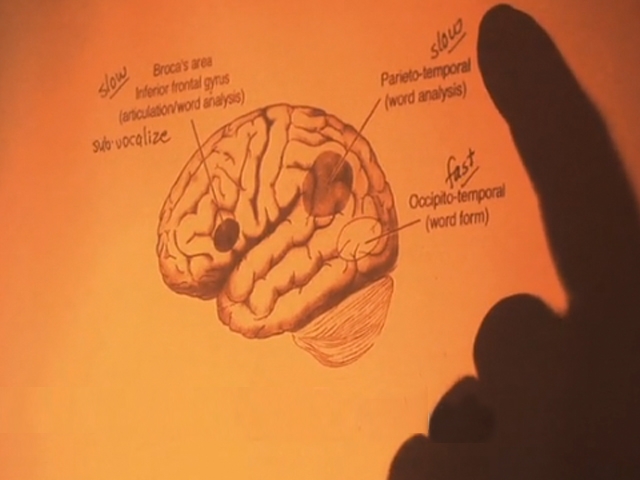Diet Affects Your Brain Health
Introduction
Our brain is the control center of our body, and the food we eat can significantly affect our health and performance. A well-balanced diet is crucial for maintaining optimal brain function and preventing diseases such as dementia and Alzheimer’s. In this blog post, we will discuss the connection between your diet and brain health and provide some tips on how to eat a brain-healthy diet.
The Brain-Body Connection
The brain is an energy-intensive organ, and it requires a constant supply of nutrients to function correctly. The food we eat provides the fuel our brain needs to carry out its functions, including thinking, learning, and remembering. A diet that lacks essential nutrients can affect brain function and lead to cognitive decline.
For example, studies have shown that people who eat a diet high in saturated fats and sugar have a higher risk of developing cognitive impairment and dementia later in life. On the other hand, a diet rich in omega-3 fatty acids, vitamins, and antioxidants has been associated with better cognitive function and a reduced risk of cognitive decline.
How Diet Affects Brain Health
Inflammation
Inflammation is a natural response by the immune system to protect the body from infection and injury. However, chronic inflammation can lead to damage to the brain cells and increase the risk of cognitive decline and dementia. Studies have shown that a diet high in processed foods, saturated fats, and sugar can increase inflammation in the body and brain.
On the other hand, a diet rich in anti-inflammatory foods such as fruits, vegetables, whole grains, and healthy fats can reduce inflammation and improve brain health.
Oxidative Stress
Oxidative stress is a process in which free radicals damage cells in the body, including brain cells. It has been linked to the development of many chronic diseases, including dementia, Parkinson’s disease, and Alzheimer’s disease.
Antioxidants are compounds that can neutralize free radicals and protect cells from damage. Foods that are rich in antioxidants, such as berries, nuts, and leafy greens, can reduce oxidative stress and improve brain health.
Blood Sugar Levels
The brain relies on glucose for energy, but high blood sugar levels can lead to inflammation and oxidative stress, which can damage brain cells. Studies have shown that a diet high in sugar and refined carbohydrates can increase the risk of cognitive impairment and dementia.
Eating a diet rich in complex carbohydrates, such as whole grains and vegetables, can help regulate blood sugar levels and improve brain health.
Gut-Brain Connection
The gut-brain connection refers to the relationship between the gut microbiome and brain function. The gut microbiome is a complex community of microorganisms that live in the digestive tract and play a crucial role in regulating many aspects of our health, including brain function.
Research has shown that an unhealthy gut microbiome can lead to inflammation, oxidative stress, and an increased risk of cognitive decline and dementia. Eating a diet rich in fiber, prebiotics, and probiotics can improve gut health and support brain function.
Tips for Eating a Brain-Healthy Diet
Eat a Mediterranean Diet
The Mediterranean diet is rich in healthy fats, whole grains, fruits, vegetables, and lean proteins. It has been associated with better brain health and a reduced risk of cognitive decline and dementia. Some studies have suggested that following a Mediterranean diet can even increase brain volume and improve cognitive function.
Choose Healthy Fats
Healthy fats, such as omega-3 fatty acids found in fatty fish, nuts, and seeds, are crucial for brain health. They can improve cognitive function, reduce inflammation, and protect against oxidative stress. On the other hand, a diet high in saturated and trans fats can increase inflammation and damage brain cells.
Limit Processed Foods and Sugar
Processed foods and sugar can increase inflammation and oxidative stress in the body and brain, which can lead to cognitive decline and other health problems. Try to limit your intake of processed foods and sugary drinks and instead opt for whole, nutrient-dense foods like fruits, vegetables, whole grains, and lean proteins.

Get Enough Antioxidants
Antioxidants can help protect brain cells from damage caused by free radicals. Some foods that are rich in antioxidants include berries, dark chocolate, nuts, and leafy greens. Incorporating these foods into your diet can help support brain health. For more information or to read all about brain pills, check out their page to learn more.
Support Your Gut Health
A healthy gut microbiome is essential for overall health, including brain health. Eating a diet rich in fiber, prebiotics, and probiotics can help support a healthy gut microbiome. Fermented foods like yogurt, kefir, kimchi, and sauerkraut are excellent sources of probiotics.
Stay Hydrated
Drinking enough water is essential for maintaining optimal brain function. Dehydration can lead to headaches, fatigue, and impaired cognitive function. Make sure to drink plenty of water throughout the day to keep your brain functioning at its best.
Conclusion
In conclusion, what we eat can significantly impact our brain health. Eating a diet rich in whole, nutrient-dense foods can reduce inflammation, and oxidative stress, and support a healthy gut microbiome, all of which are essential for optimal brain function. By incorporating these tips into your diet, you can help support your brain health and reduce the risk of cognitive decline and other brain-related diseases. Remember, what you eat matters not just for your body but also for your brain.






